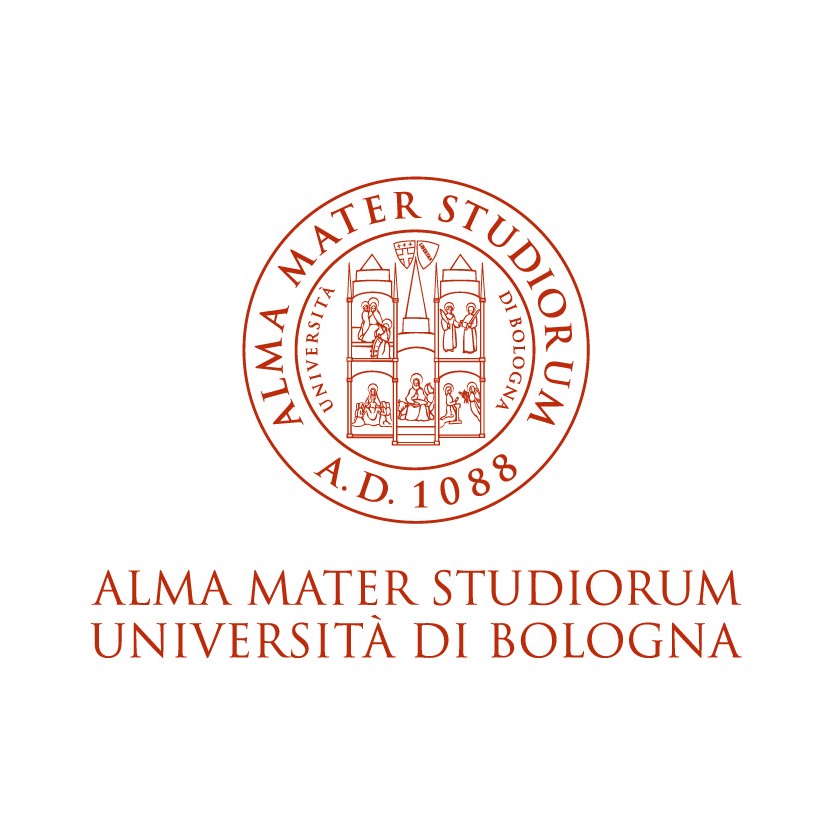co-PI: Rita Cucchiara (Università di Modena e Reggio Emilia)
The concept of pervasive artificial intelligence does not only include intelligent objects, but refers to the possibility of introducing intelligent models and algorithms into the (socio-technical) contexts in which we live: from the working environment to the cities, from political decisions to public services, from business processes to the production of manufactured goods in industry and the arts. The notion of pervasiveness implies that we must model, predict and decide on complex, large-scale socio-technical systems, where each component is itself intelligent, potentially individualistic, while taking into account artificial infrastructures, natural phenomena, economic aspects, environmental impacts , social dynamics and human behavior. To make AI truly pervasive, challenges related to the robustness and accuracy of models, efficiency of implementations, cultural acceptability, and sustainability of AI must be holistically addressed; this generates algorithmic and modeling, scientific and technological, educational, legal, and social challenges.








